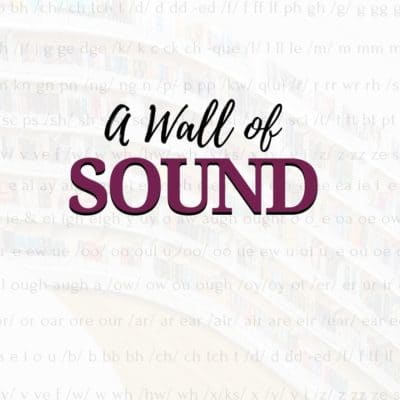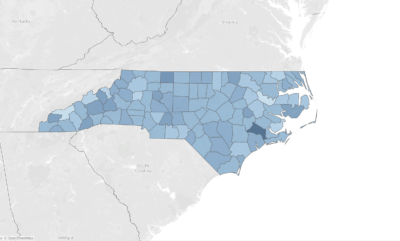

State Superintendent of Public Instruction Mark Johnson announced earlier this month that local school districts in North Carolina would be able to choose their own assessment tools, but it’s not clear yet exactly which tools they will be able to choose from.
As part of the Read to Achieve (RTA) program, the State Board is responsible for providing these assessment tools to school districts for K-3 students. According to this legislation, students’ progress should be measured with “valid, reliable, formative, and diagnostic reading assessments.”
Local districts will receive funding allotments, which they can use to purchase the tool of their choice. According to Johnson, the allotment will be $38 per average daily membership. If districts have anything leftover, they can use that for anything else related to K-3 reading instruction, like instructors, educational materials, or devices.
Under the plan, districts would be able to choose from a list of tools that have been approved based on Read to Achieve legislation as well as N.C. Department of Health and Human Services guidelines for remote learning. The Department of Public Instruction (DPI) evaluated 14 tools and approved five based on these criteria, which you can see below.
DPI looked at whether a tool was:
- Approved by the State Board in the last three years
- An appropriate formative tool and meets the requirements for grades K-2 in addition to grade 3
- Compatible with distance learning requirements
- Compatible with statutory requirements from the State Board, namely EVAAS requirements
That last part drew the most questions at the State Board’s called meeting on June 30. According to RTA legislation, reading diagnostic tools have to provide data that can be used under the Education Value-Added Assessment System (EVAAS) to help “identify root causes for difficulty with reading development and to determine actions to address them.”
When asked if all five of the approved vendors can be used with EVAAS, Johnson said two of them haven’t worked with SAS before, although he didn’t specify which two. He said he included these vendors because they have been used in other states and he wanted to provide districts multiple options, but the State Board can limit options to the other three vendors if it wishes.
The State Board asked if it could receive this updated compatibility information in time for its meeting next week, but DPI staff said that may be too short of a timeline. They said they could probably at least confirm to the State Board by then that the data is being prepped for EVAAS analysis.
mCLASS, a product of the company Amplify and a tool districts have used for years, is not an approved tool on Johnson’s list.
That name may sound familiar to those who followed the long saga after DPI decided last year to replace mCLASS with Istation — a decision that resulted in a year-long controversy and legal battle. Johnson announced in April that DPI would cancel its three-year contract with Istation and begin a new procurement process.
State Board Vice Chair Alan Duncan asked why.
“I know I’ve told the Board this many many times,” Johnson answered. “Amplify has to do its Lexile level study for those grades K-1. They have known about this for over a year. That’s all they have to do.”
He said this type of study is required by DPI through State Board policy. A Lexile level is used to measure a student reader’s ability, and Johnson said using this metric can make it possible for the state to use more than one tool if two different tools have two different metrics for scoring, such as on a number or letter scale.
“But if they can convert their own metric to a Lexile level, which is the industry standard across the nation, then you actually have a comparison of apples to apples,” he said.
These metrics are what factor into if a tool is compatible with EVAAS.
The department may add another tool, Lexia, to their approved list ahead of the State Board meeting next week.
Here’s more on the draft policy. You can listen to the full meeting here. Stay tuned.




